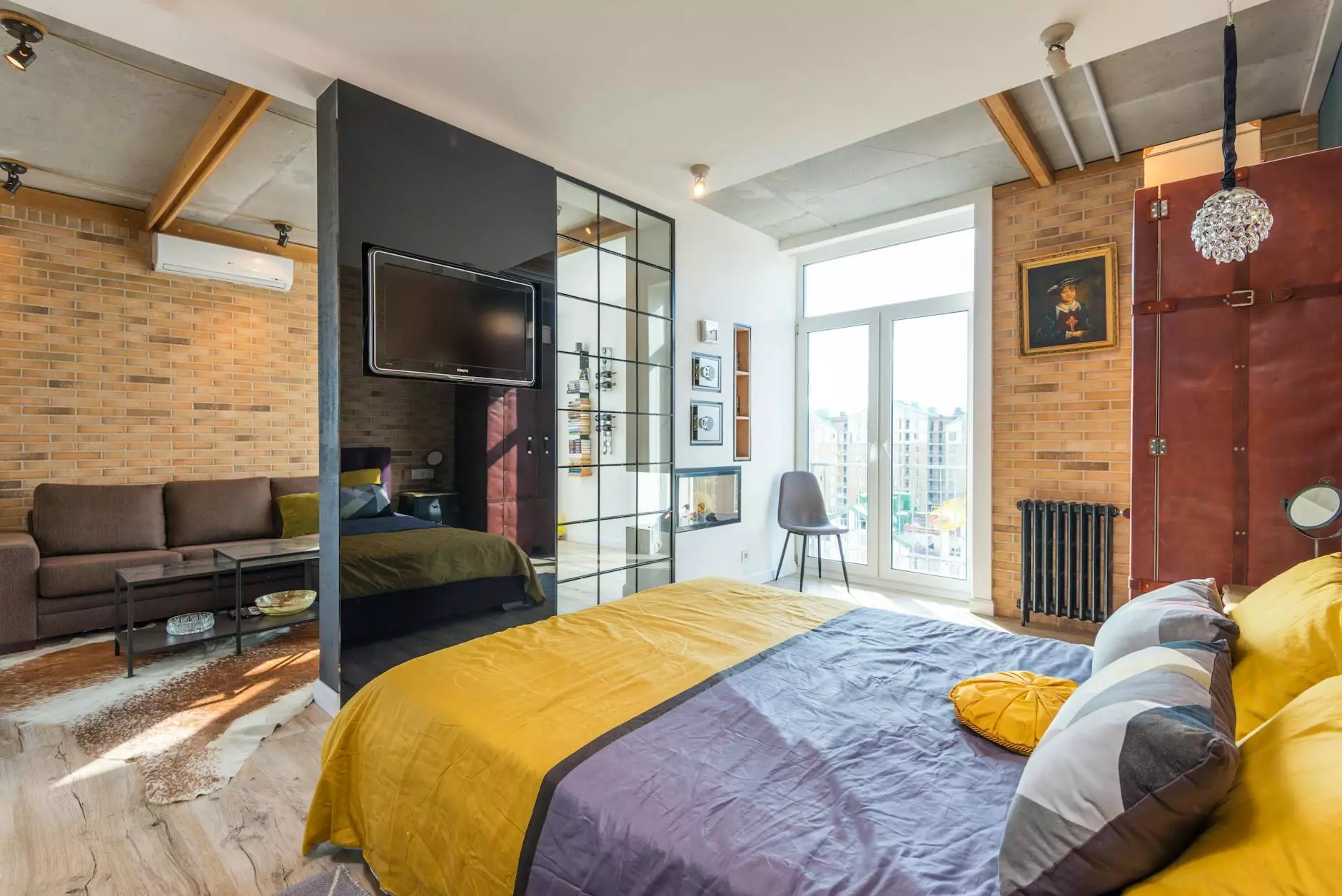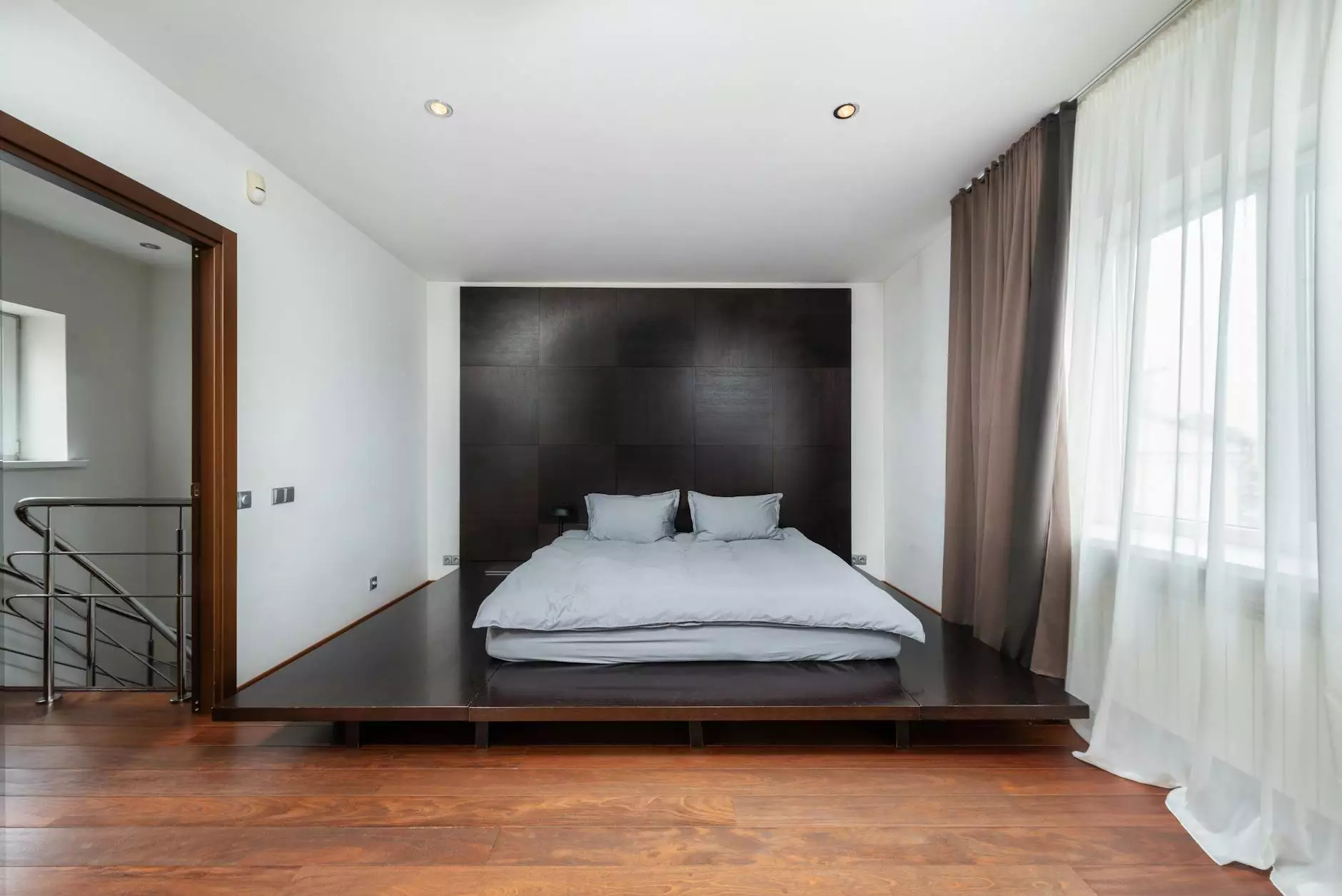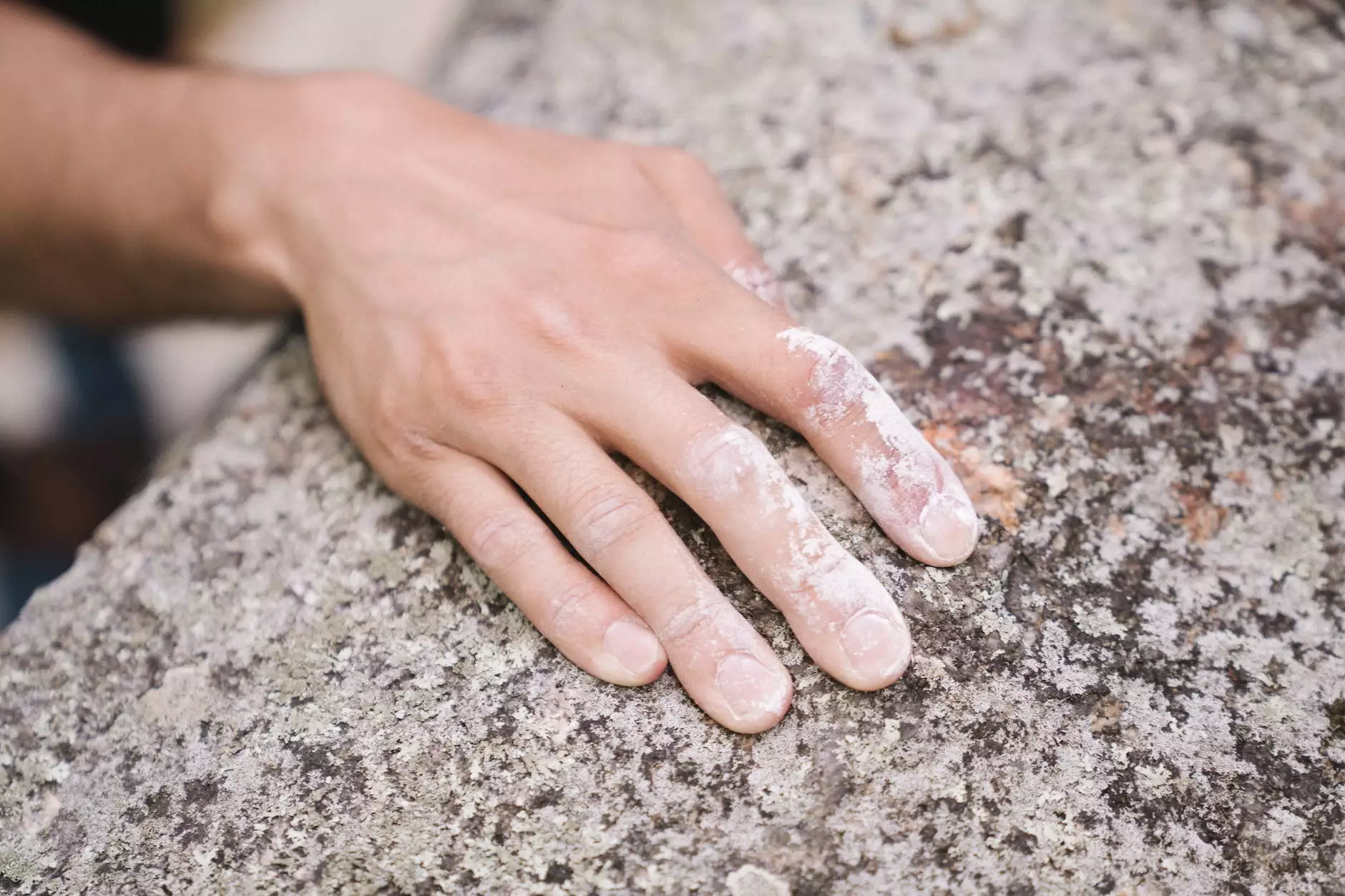What is the Best Type of Flooring to Choose if You Have Allergies
Blog
If you or someone in your household suffers from allergies, selecting the right type of flooring can make a significant difference in maintaining a healthy and comfortable indoor environment. Various flooring materials can either contribute to or alleviate allergies, so it's crucial to understand the options available and their impact on air quality and allergen accumulation. In this article, Southside Fixtures, a leading provider of business and consumer services in the real estate industry, explores the best flooring choices for individuals with allergies.
Allergies and Indoor Air Quality
Before delving into specific flooring options, it is essential to understand the relationship between allergies and indoor air quality. Allergies are often triggered by common indoor allergens such as dust mites, pet dander, pollen, and mold. These allergens can accumulate on various surfaces, including flooring, and become troublesome for individuals with sensitive respiratory systems.
Choosing flooring materials that minimize allergen build-up and are easy to clean can significantly improve indoor air quality and reduce allergy symptoms. Let's explore some of the best flooring options for allergy sufferers.
Hardwood Flooring
Hardwood flooring is a popular choice for individuals with allergies due to its smooth and non-porous surface. Unlike carpet or rugs, hardwood floors don't provide a favorable environment for dust mites or allergens to hide. These flooring options are easy to clean, requiring only regular sweeping and occasional mopping to remove allergens effectively.
If you opt for hardwood flooring, it's advisable to choose finishes that are low in volatile organic compounds (VOCs) to minimize the emission of potentially harmful chemicals into the environment. Additionally, using area rugs that can be easily cleaned or replaced can provide extra comfort and insulation while keeping allergens under control.
Laminate Flooring
Laminate flooring is an excellent alternative to hardwood for allergy sufferers, as it offers a similar aesthetic appeal without the drawbacks associated with carpets. With a sealed surface layer, laminate flooring prevents allergens from penetrating the floors, allowing for easy and thorough cleaning. Furthermore, laminate floors are resistant to mold and mildew, reducing the risk of allergen accumulation.
When selecting laminate flooring, look for products with low levels of formaldehyde emission for enhanced indoor air quality. It's also worth noting that some laminate flooring brands offer hypoallergenic options designed to minimize allergens and improve respiratory health.
Tile Flooring
Tile flooring, such as ceramic or porcelain tiles, is highly recommended for allergy sufferers. These types of flooring are non-porous, making it difficult for allergens to adhere to the surface. Tile floors are easy to clean, requiring simple maintenance methods like sweeping and mopping to keep allergens at bay.
Additionally, tile flooring helps regulate indoor temperature, preventing the growth of mold and mildew. This is especially important for individuals with allergies, as mold spores can worsen respiratory symptoms. Tile flooring is a durable and versatile option, available in a wide range of colors and styles to suit any decor.
Vinyl Flooring
Vinyl flooring has come a long way in recent years and can be a viable choice for those concerned about allergens. High-quality vinyl flooring is manufactured to be water-resistant and non-porous, providing an inhospitable environment for dust mites, pet dander, and pollen. It is important, however, to select low-VOC vinyl flooring options to maintain good indoor air quality.
Furthermore, vinyl flooring is available in various textures and designs, including options that mimic the appearance of natural materials like hardwood or stone. This allows homeowners to enjoy the aesthetic appeal of other flooring types while still benefiting from the hypoallergenic features of vinyl.
Conclusion
When it comes to choosing the best type of flooring for individuals with allergies, it's crucial to prioritize materials that are non-porous, easy to clean, and resistant to allergen accumulation. Hardwood, laminate, tile, and vinyl flooring are excellent choices that tick these boxes while offering a range of aesthetic options to suit any home or business setting.
Southside Fixtures understands the importance of maintaining a safe and healthy living environment, which is why we recommend these flooring options for allergy sufferers. By selecting the right flooring material, you can minimize allergens, improve indoor air quality, and create a more comfortable space free from respiratory irritants.










